What You Can Learn From Shareholder Letters
A less-than-candid letter to shareholders could be a red flag.

Profit and prosper with the best of Kiplinger's advice on investing, taxes, retirement, personal finance and much more. Delivered daily. Enter your email in the box and click Sign Me Up.
You are now subscribed
Your newsletter sign-up was successful
Want to add more newsletters?

Delivered daily
Kiplinger Today
Profit and prosper with the best of Kiplinger's advice on investing, taxes, retirement, personal finance and much more delivered daily. Smart money moves start here.

Sent five days a week
Kiplinger A Step Ahead
Get practical help to make better financial decisions in your everyday life, from spending to savings on top deals.

Delivered daily
Kiplinger Closing Bell
Get today's biggest financial and investing headlines delivered to your inbox every day the U.S. stock market is open.

Sent twice a week
Kiplinger Adviser Intel
Financial pros across the country share best practices and fresh tactics to preserve and grow your wealth.

Delivered weekly
Kiplinger Tax Tips
Trim your federal and state tax bills with practical tax-planning and tax-cutting strategies.

Sent twice a week
Kiplinger Retirement Tips
Your twice-a-week guide to planning and enjoying a financially secure and richly rewarding retirement

Sent bimonthly.
Kiplinger Adviser Angle
Insights for advisers, wealth managers and other financial professionals.

Sent twice a week
Kiplinger Investing Weekly
Your twice-a-week roundup of promising stocks, funds, companies and industries you should consider, ones you should avoid, and why.

Sent weekly for six weeks
Kiplinger Invest for Retirement
Your step-by-step six-part series on how to invest for retirement, from devising a successful strategy to exactly which investments to choose.
Laura Rittenhouse is president of Rittenhouse Rankings, which ranks annual CEO letters to shareholders for candor. She’s the author of an upcoming book, Investing Between the Lines.
Why read a CEO’s letter to shareholders? The annual shareholder letter helps you decide whether a company’s financial statements are trustworthy. The letters offer an insider’s view of the corporate culture, and the quality of that culture influences decisions made throughout a company—such as when to count incoming and outgoing cash or how to book expenses. If the culture is one of honesty and trust, employees will likely be more forthright in their accounting judgments and the financial statements are more likely to be trusted. I’ve found a strong link between corporate candor and stock performance.
How can you determine all that from the letter? First, it’s important to know whether the CEO authored the letter. Then you must judge how candid the comments are. I award points for every mention of cash—cash flow, cash conversion rate, cash from operations—because that tells you something specific about the business. I deduct points for clichés—“looking forward to a bright future,” for example. That tells you absolutely nothing. After reading the letter, you should feel as though you’ve met with the CEO, who should have offered a balanced disclosure of the company’s successes and its problems.
From just $107.88 $24.99 for Kiplinger Personal Finance
Become a smarter, better informed investor. Subscribe from just $107.88 $24.99, plus get up to 4 Special Issues

Sign up for Kiplinger’s Free Newsletters
Profit and prosper with the best of expert advice on investing, taxes, retirement, personal finance and more - straight to your e-mail.
Profit and prosper with the best of expert advice - straight to your e-mail.
Why are Berkshire Hathaway CEO Warren Buffett’s letters the gold standard? You can tell he wrote the letter. It’s personal. It’s specific. He talks about problems and takes responsibility for them—something most other CEOs don’t do. Buffett promises investors that he’ll communicate candidly because, he’s said, a CEO who misleads in public will eventually mislead himself in private.
What are some red flags? If you read the past few shareholder letters of MF Global, you’d have noticed that the CEO of the company changed three times in three years. Each year the letter reported on improving sales and net income, but failed to disclose per-share losses. That’s an unbalanced disclosure. If a letter reads like public-relations spin, it could indicate that the company is not prepared to communicate honestly with investors.
Profit and prosper with the best of Kiplinger's advice on investing, taxes, retirement, personal finance and much more. Delivered daily. Enter your email in the box and click Sign Me Up.

-
 5 Ronald Reagan Quotes Retirees Should Live By
5 Ronald Reagan Quotes Retirees Should Live ByThe Nation's 40th President's wit and wisdom can help retirees navigate their financial and personal journey with confidence.
-
 How to Use 1031 Exchanges to Build Your Real Estate Empire
How to Use 1031 Exchanges to Build Your Real Estate EmpireSmall rental properties can be excellent investments, but you can use 1031 exchanges to transition to commercial real estate for bigger wealth-building.
-
 Where's the Best Place to Save for a House Down Payment?
Where's the Best Place to Save for a House Down Payment?Learn how timing matters when it comes to choosing the right account.
-
 Why I Trust These Trillion-Dollar Stocks
Why I Trust These Trillion-Dollar StocksThe top-heavy nature of the S&P 500 should make any investor nervous, but there's still plenty to like in these trillion-dollar stocks.
-
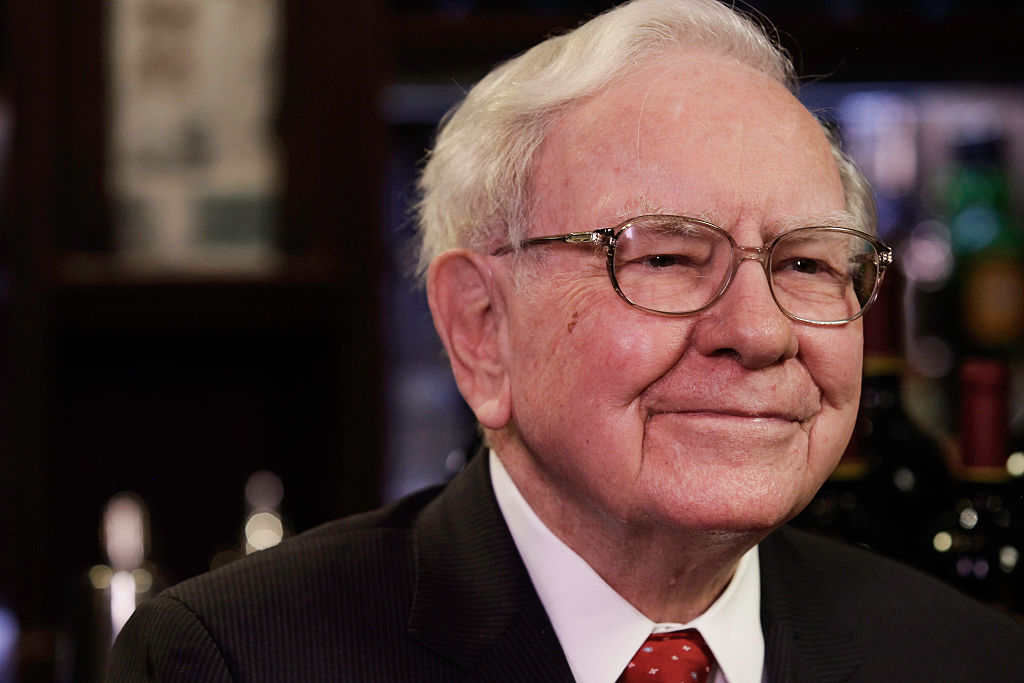 What Made Warren Buffett's Career So Remarkable
What Made Warren Buffett's Career So RemarkableWhat made the ‘Oracle of Omaha’ great, and who could be next as king or queen of investing?
-
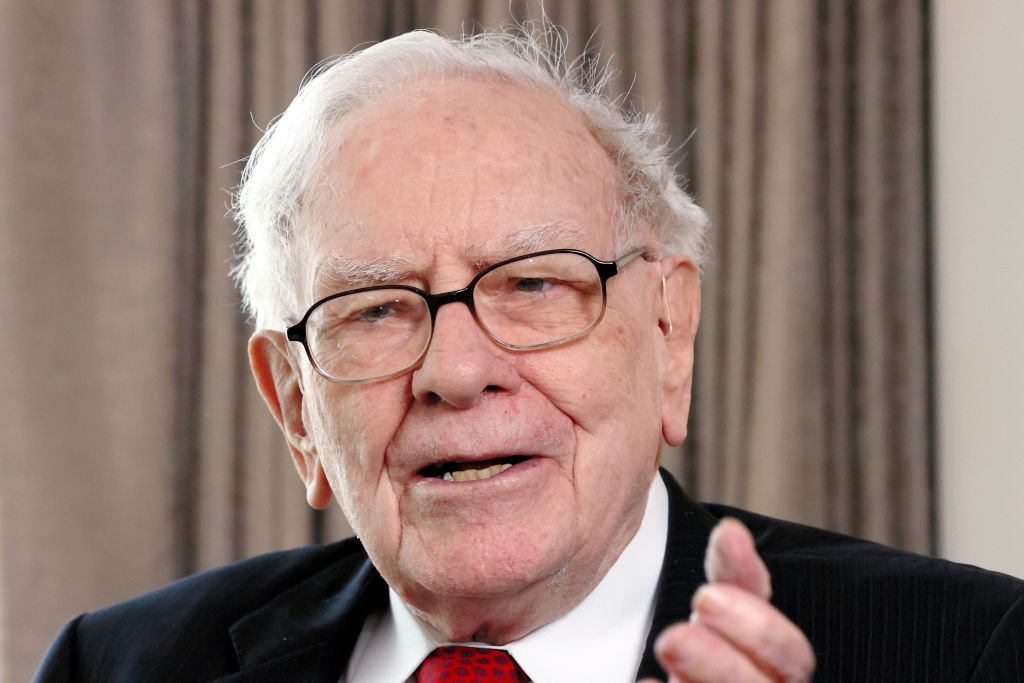 With Buffett Retiring, Should You Invest in a Berkshire Copycat?
With Buffett Retiring, Should You Invest in a Berkshire Copycat?Warren Buffett will step down at the end of this year. Should you explore one of a handful of Berkshire Hathaway clones or copycat funds?
-
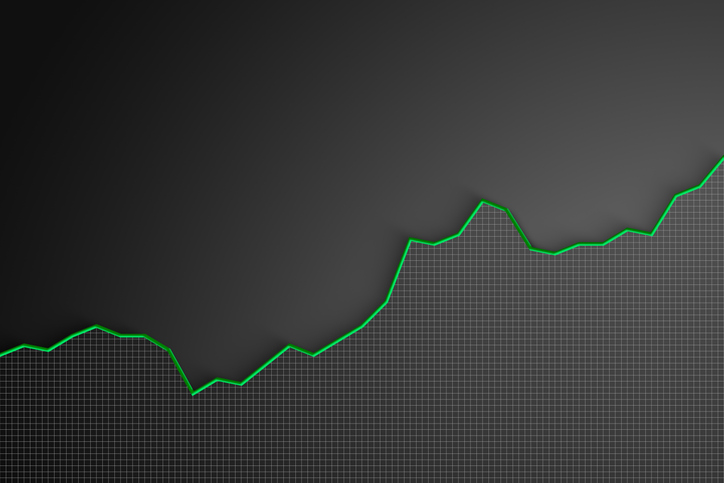 Stocks at New Highs as Shutdown Drags On: Stock Market Today
Stocks at New Highs as Shutdown Drags On: Stock Market TodayThe Nasdaq Composite, S&P 500 and Dow Jones Industrial Average all notched new record closes Thursday as tech stocks gained.
-
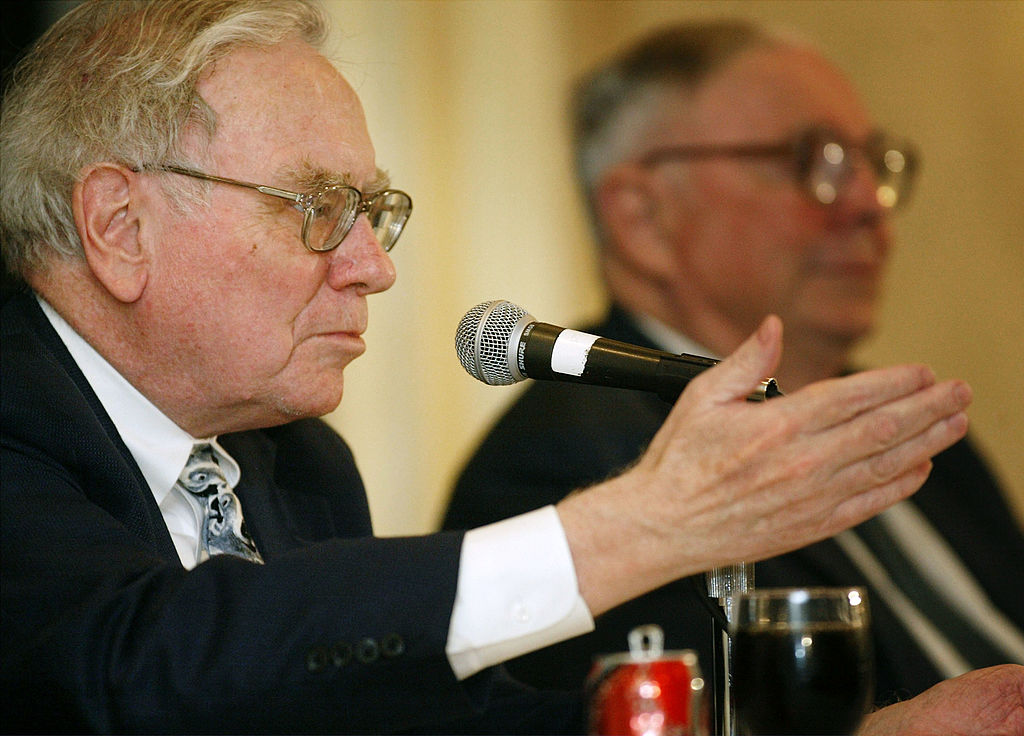 9 Warren Buffett Quotes for Investors to Live By
9 Warren Buffett Quotes for Investors to Live ByWarren Buffett transformed Berkshire Hathaway from a struggling textile firm to a sprawling conglomerate and investment vehicle. Here's how he did it.
-
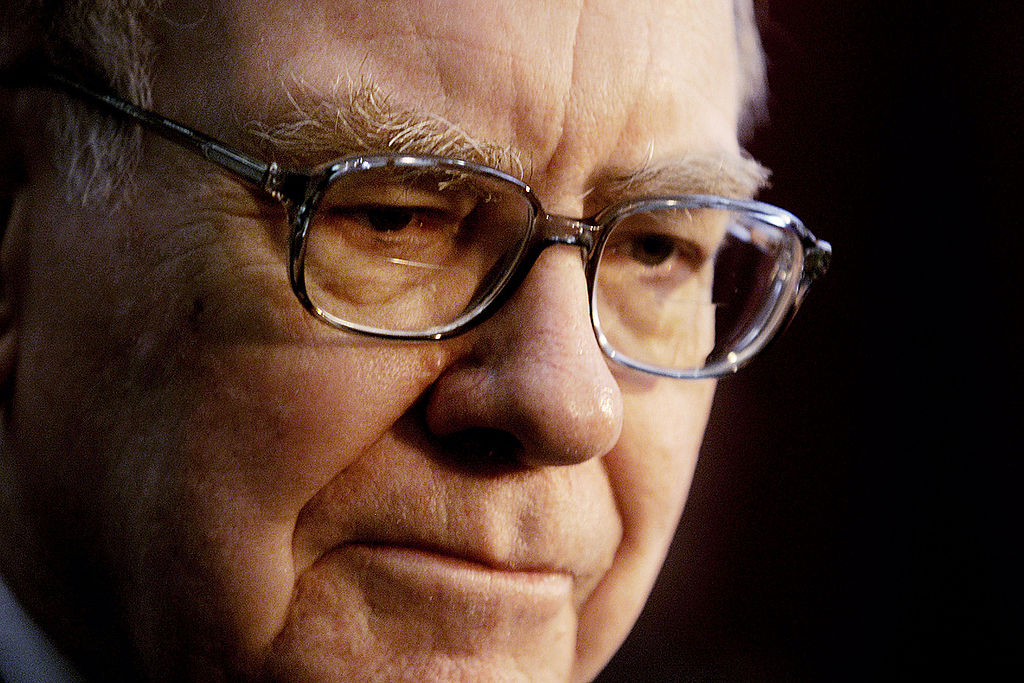 A Timeline of Warren Buffett's Life and Berkshire Hathaway
A Timeline of Warren Buffett's Life and Berkshire HathawayBuffett was the face of Berkshire Hathaway for 60 years. Here's a timeline of how he built the sprawling holding company and its outperforming equity portfolio.
-
 Berkshire Buys the Dip on UnitedHealth Group Stock. Should You?
Berkshire Buys the Dip on UnitedHealth Group Stock. Should You?Buffett & Co. picked up UnitedHealth stock on the cheap, with the embattled blue chip one of the newest holdings in the Berkshire Hathaway equity portfolio.
-
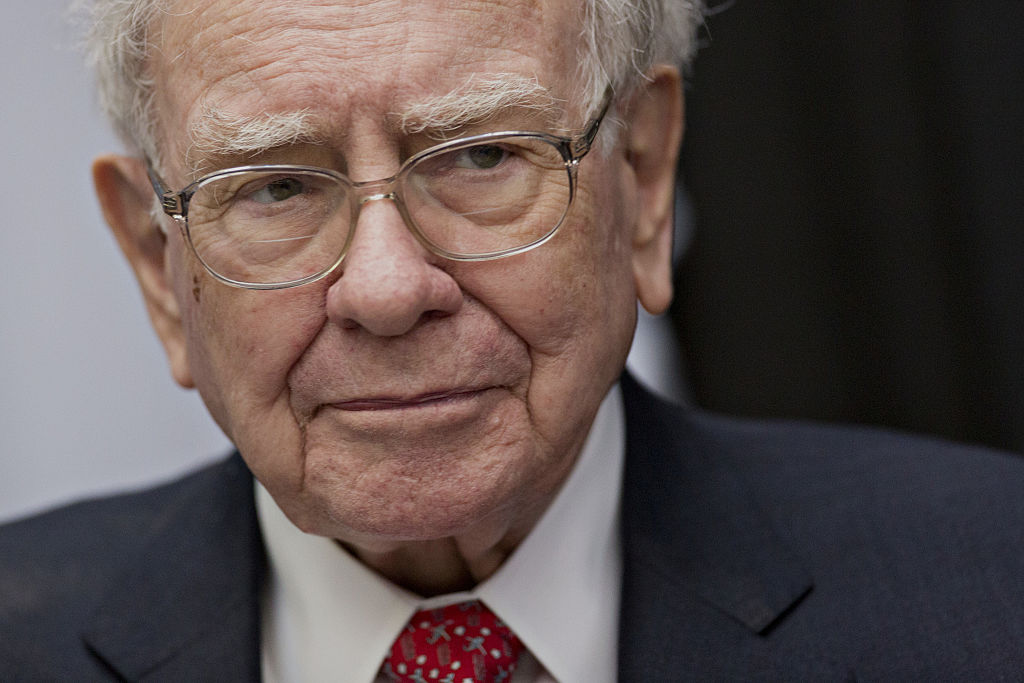 What Set Warren Buffett Apart
What Set Warren Buffett ApartAs Warren Buffett prepares for retirement, we reflect on what we've learned from his 60 years of leadership at Berkshire Hathaway.